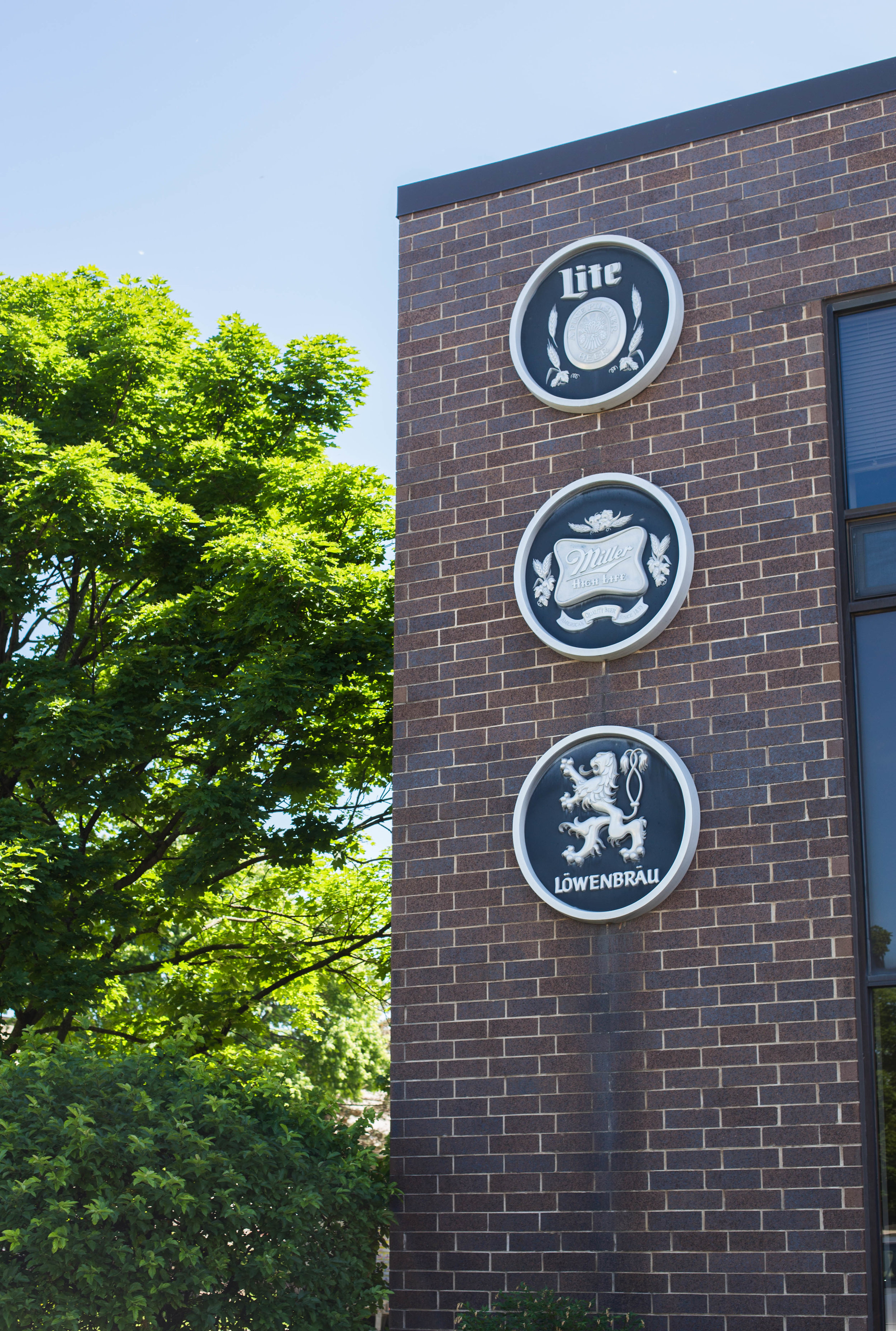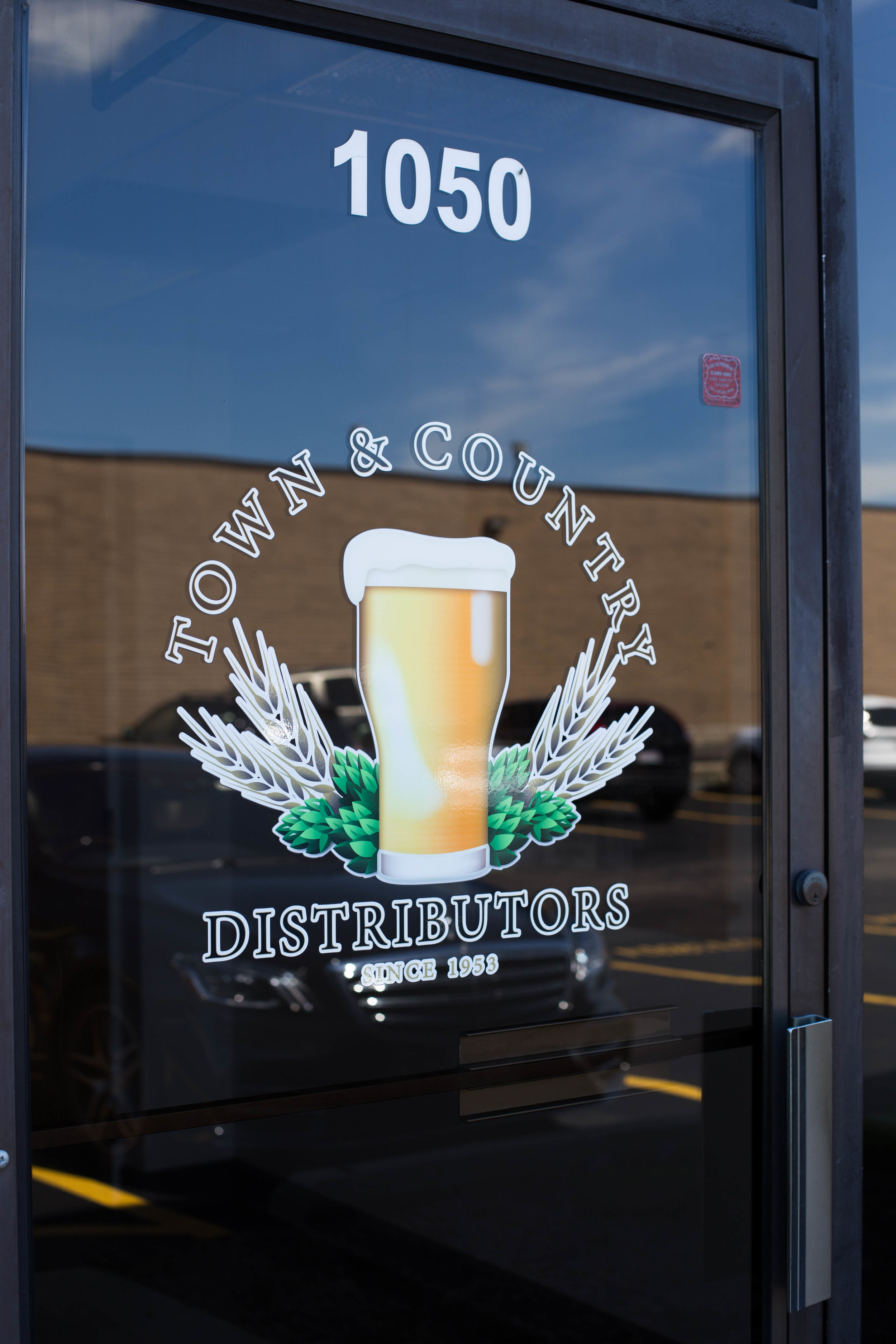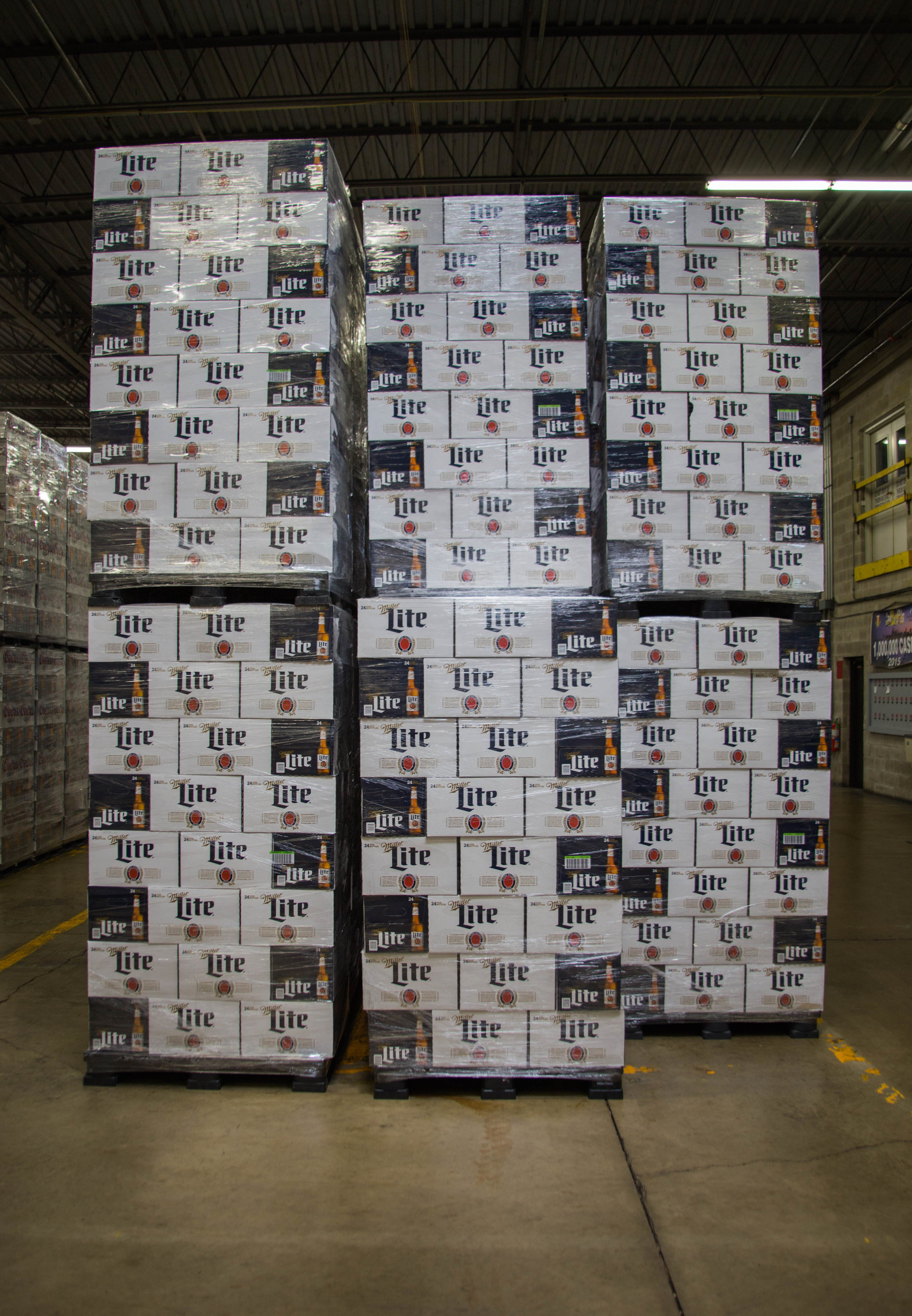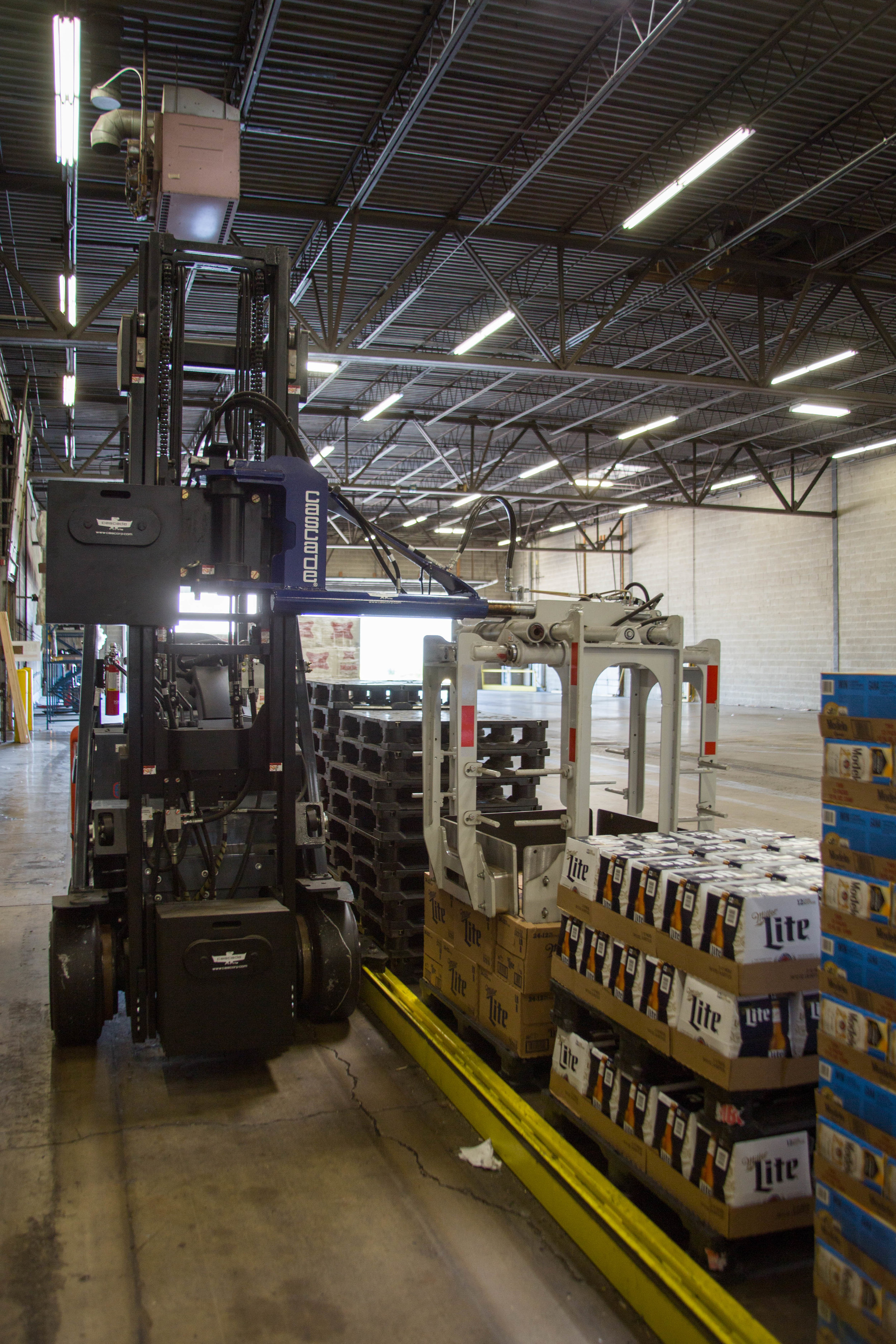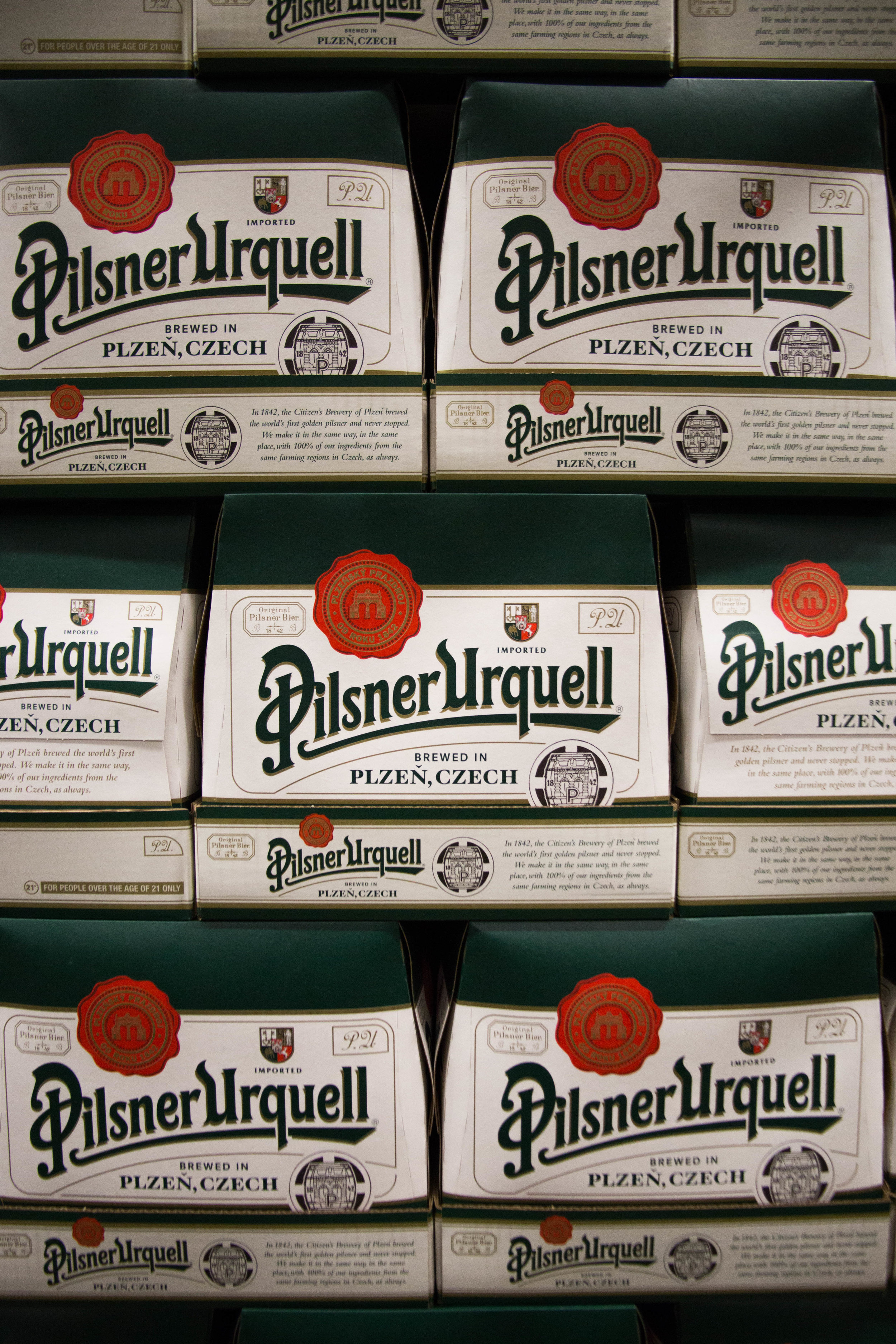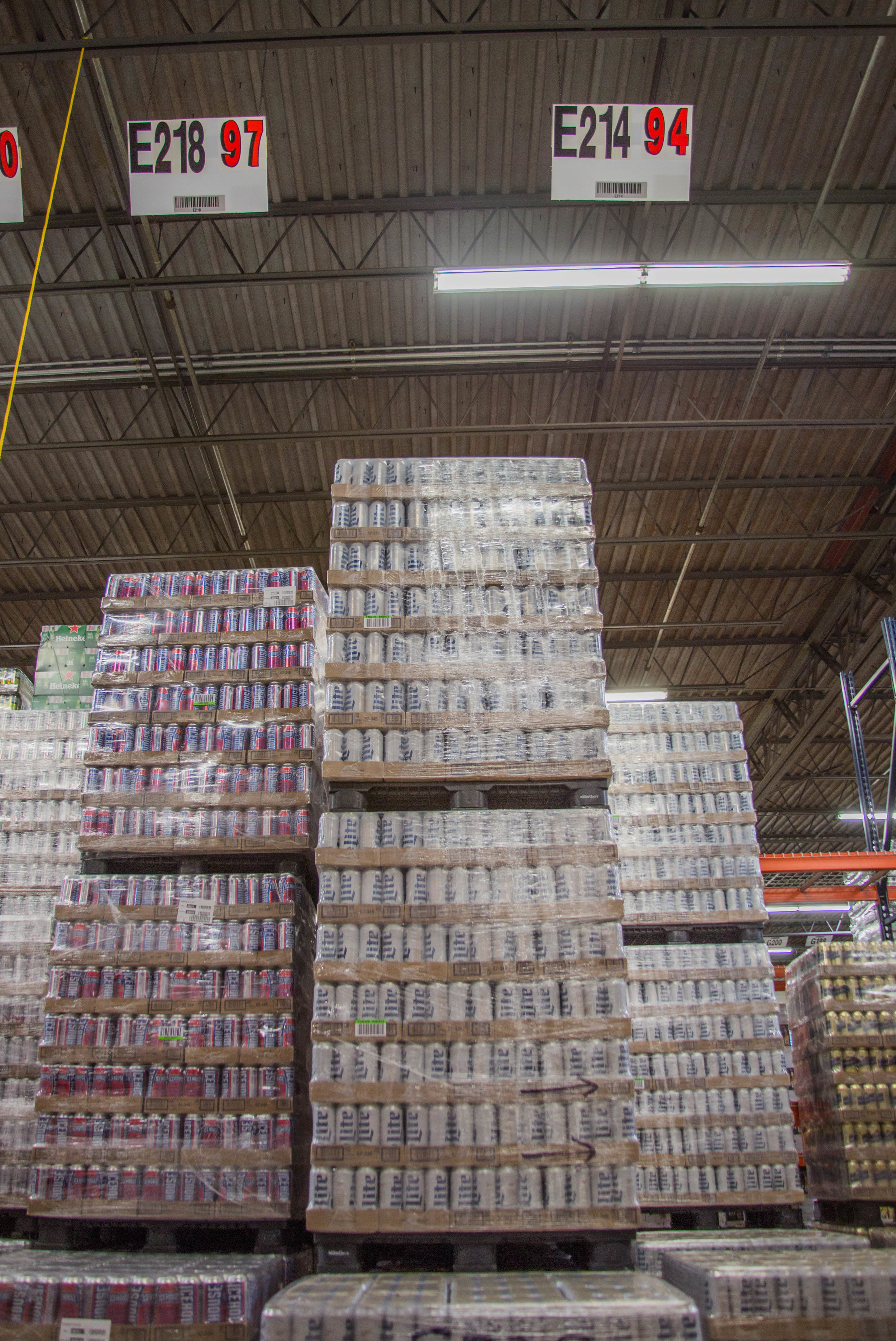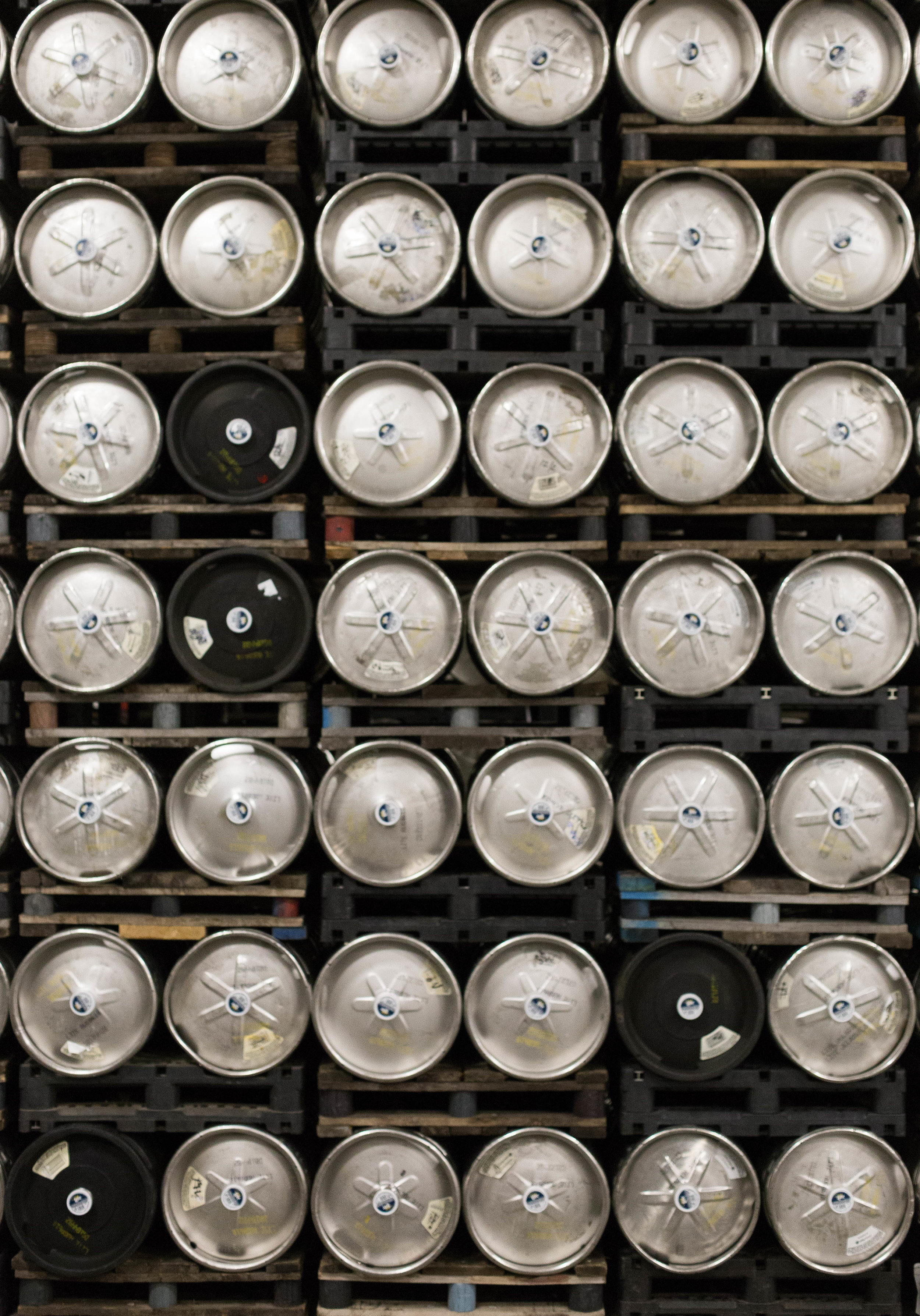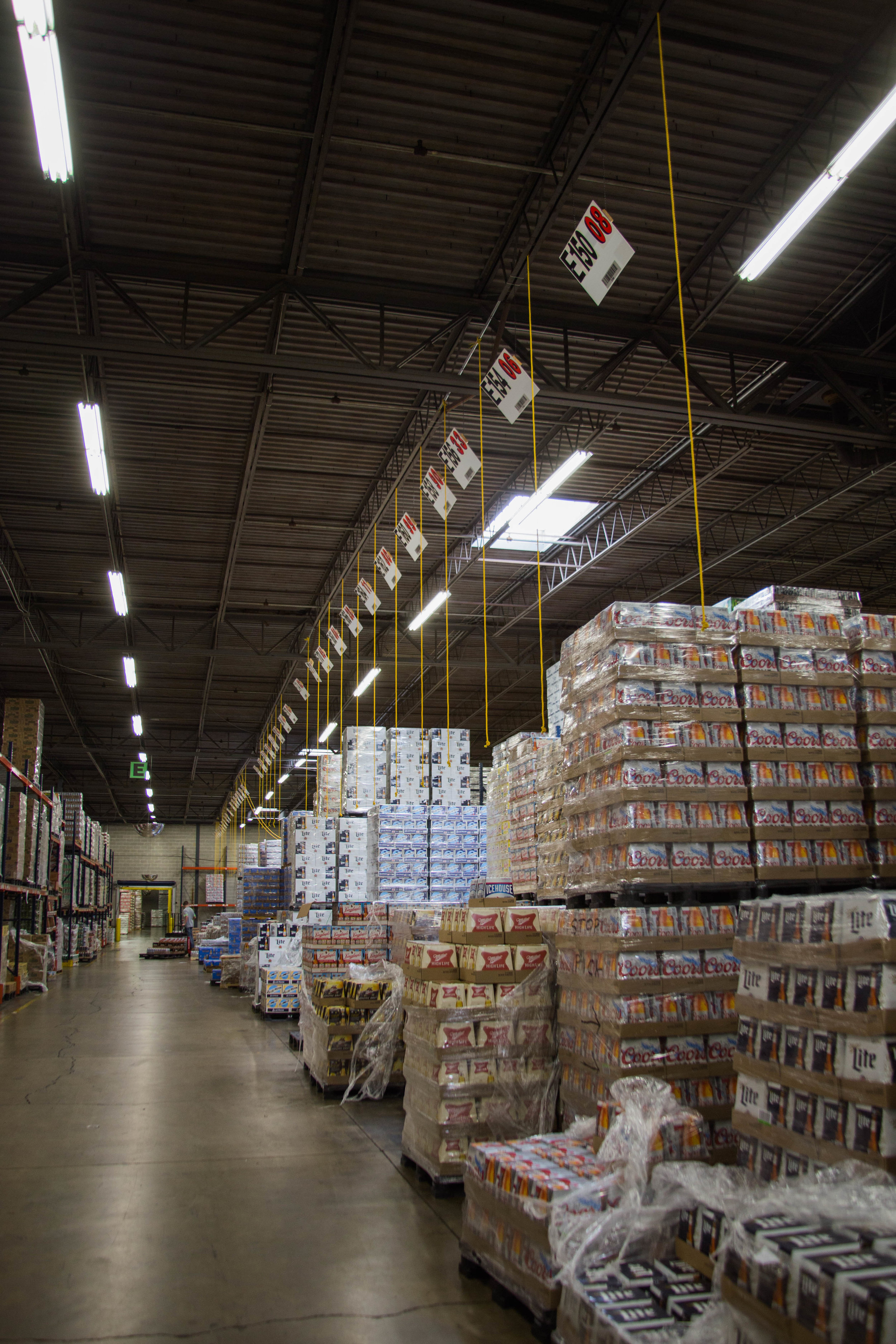LEGISLATIVE DISTRICT LOCATION
House #45 Senate #23 Congressional #8
LEGISLATIVE DISTRICTS SERVICED
House #3, 4, 19, 20, 39, 40, 45, 46, 53, 54, 55, 56, 57, 77, 78
Senate #2, 10, 20, 23, 27, 28, 29, 39
Congressional #4, 5, 6, 8
Town and Country Distributors is celebrating 65 years in business in 2018. From 42,000 cases when they started to over six million cases today, it’s fair to say that co-founders Jack Rohner and Walter Sowa began a true beer powerhouse. Town and Country witnessed the peaks and valleys of the beer business over the last few decades, but it’s only refined their purpose and value proposition. The leadership at Town and Country is committed to being the absolute best in customer service and being true partners with their suppliers. It’s part of their legacy, but it’s also their future in a changing and competitive market.
First Days
“Wally had a lot of the connections and I had the money, that’s the way it worked!” Jack Rohner is 95, retired from Town and Country, and remembers their first days of the business in vivid detail. “We bought the distributorship for $18,000, which was a phenomenal price at the time. We wanted to be in business for ourselves.” At the time there was one supplier - Meister Brau - and two worn-out trucks. Their first day of business was tough - the clutch went out on one of the trucks, and they lost a few hours getting it fixed. When they finally got back out there, they worked until 10pm. “We were both driving at the time. They were humble beginnings for sure.”
“We were both driving at the time. They were humble beginnings for sure.”
They had strong relationships with everyone, especially tavern owners. Early on, Jack and Wally invested in the on-premise side of the business, and it paid off. They increased the brand equity of Meister Brau and it grew to be a beer that was well-loved and had a good reputation with their customers. The morning routine went like this, according to Jack. “I used to live on the south side and I would get up at 4am, pick up Wally and Paul, our first employee, and then go get the trucks which were stored in a local garage, and then drive to the brewery, which at the time was at North and Clybourn. Then we would go out and make deliveries. We did that for almost ten years.” In 1962 the first warehouse for Town and Country was built.
Moving Up
Meister Brau came out with draft beer in bottles and cans, which was unpasteurized. That made the brand take off, as the the new product was smoother and very drinkable. Meister Brau really exploded with the introduction of light beer. Jack remembers, “It actually was easy to sell Meister Brau Lite to bars. Word spread quickly and it took off. The selling story for our bars was that they could get their customers to drink three beers instead of two because it wasn’t as filling and you could sell more product.” Meister Brau trademarked the word “lite,” and after the initial success of the beer, Philip Morris, owner of Miller, bought the brand in order to acquire the “lite” label. The company changed the name to Miller Lite and came out with the “great taste, less filling” ad campaign, complete with movie stars and professional athletes. “That’s a true benchmark for significant change in the beer business. Up until that point no one had done anything like that.”
Town and Country built their second warehouse on Chase Ave, outgrew that one, and moved to the one we they are in now. In 1970, they had five routes and sold about 600,000 cases. Over the years they kept adding routes and expanding their offerings. According to Jack, “When Miller took over Meister Brau, we were able to grow the business more, sell more brands, increase acceptance of new products, and add new routes. We went to two million cases, then three million cases, and on and on. We were at almost six million cases when I retired in the 90’s.”
Bringing It All Together
What made all this growth possible? Jack boils it down to hard work and dedication to service. Larry Sowa, Wally’s son, and current President of Town and Country Distributors, explained it this way: “What both of them did was build the company on true customer service. They went back over and over to meet customers before they even placed an order. That’s how you get from 50,000 cases to 100,000 in the beginning and then where we are today, which is six million cases. What Wally and Jack built was carried forward for 65 years. They are titans of customer service.”
“What Wally and Jack built was carried forward for 65 years. They are titans of customer service.”
Today, Larry and John Holland, CEO of Town and Country and Jack’s grandson-in-law, continue the commitment to customer service specifically through their refusal to adopt case minimums. “If a customer calls us and they need something, we will hotshot it out to them. We take care of our customers. From an operational standpoint, we will not leave anybody without beer.” It’s a nod to those early days. Jack says, “Wally and I used to give customers our home phone numbers and they would call us at home. One thing I remember is during the first Super Bowl game, back in the 60’s, a customer called me up at home while I was watching the game. He had bought 150 cases of Meister Brau, but was running out, and asked if I could bring more over. So I put about 150 cases on the truck, and he took it all. When we got there on Monday morning he was out of beer again. That was a nice feeling.” John adds, “Both Jack and Wally bought station wagons. Many, many times guys would call them on the weekends and they would throw 30 cases in the back of the station wagon, and bring it out.” True titans of customer service, indeed.


